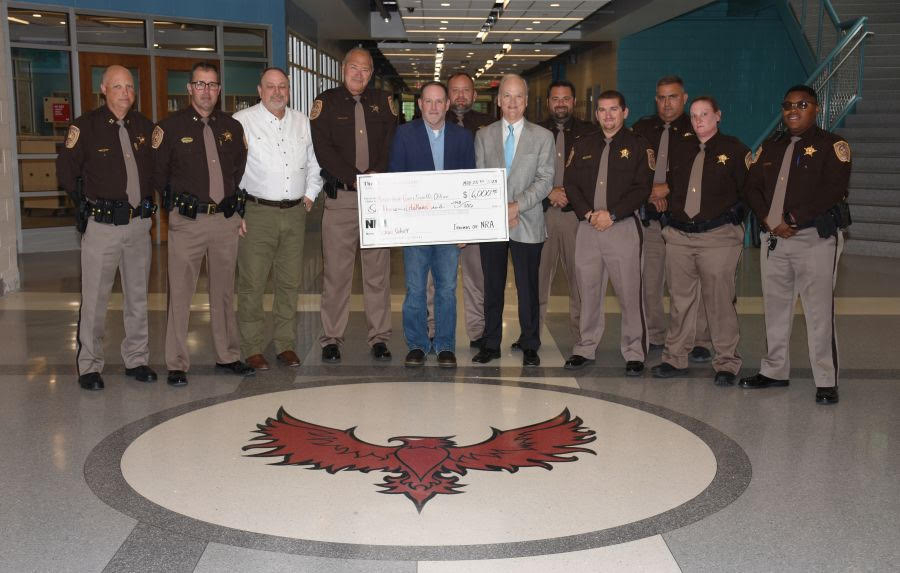SAF Thanks NRA, CRPA for Effort to Enforce 1994 Court Victory
The case, Lake v City of Los Angeles, resulted in a judgment against the city, which had to issue a check to SAF on April 11, 1995 for the amount of $50,000. And, in the case of Assenza v City of Los Angeles the Second Amendment Foundation was given the right to nominate future appointments to the created advisory review panel for contested concealed carry license applications.
“We still have an enlarged photocopy of that check on our wall at the SAF office,” said SAF Executive Vice President Alan Gottlieb. “The city has continually failed to live up to the court order that requires the Los Angeles Police Department to issue applications for concealed weapons permits.
“Frankly,” he continued, “it is disappointing, though not surprising, that the LAPD has fallen back on its old habits, as CRPA noted this morning when it announced the two legal actions. I am actually delighted that our friends at CRPA and NRA have jumped into this. It’s been our pleasure to work with both organizations in the past, and since we won the original case 16 years ago, this ought to be a legal slam-dunk.
“The fact that new actions had to be initiated at all,” Gottlieb observed, “demonstrates the necessity for continued vigilance against anti-gun bureaucracies. How many times does a court have to issue an order before a government entity gets the message?
“Today’s announcement also makes it clear that even after SAF’s Supreme Court victory last year in the McDonald case against Chicago, the firearms community still has enormous challenges,” Gottlieb stated. “We’ve been so focused on filing federal cases in New Jersey, North Carolina, New York, Maryland, Washington, D.C. and elsewhere, and just this last week in Virginia and Illinois – where the NRA has also filed a subsequent lawsuit – that realizing someone we beat in 1995 had to be reminded of their obligations at this late date is not only surprising, it’s kind of annoying.
“SAF is determined to win back firearms rights one lawsuit at a time, if necessary,” he concluded. “Evidently, it is sometimes necessary to do it over and over again.”





